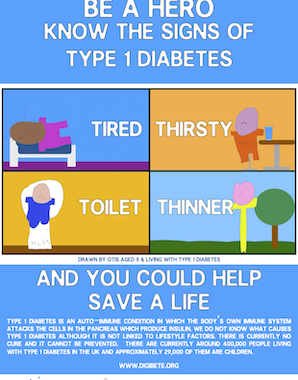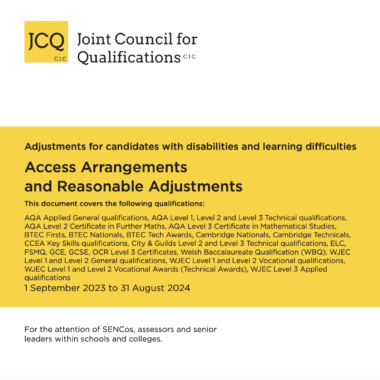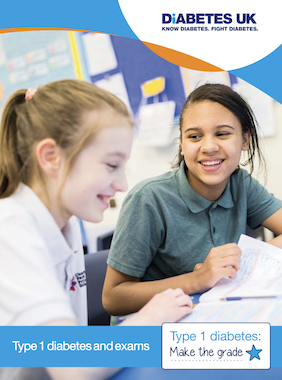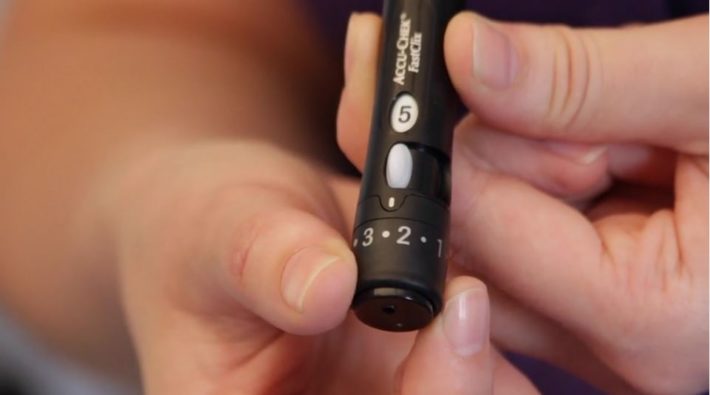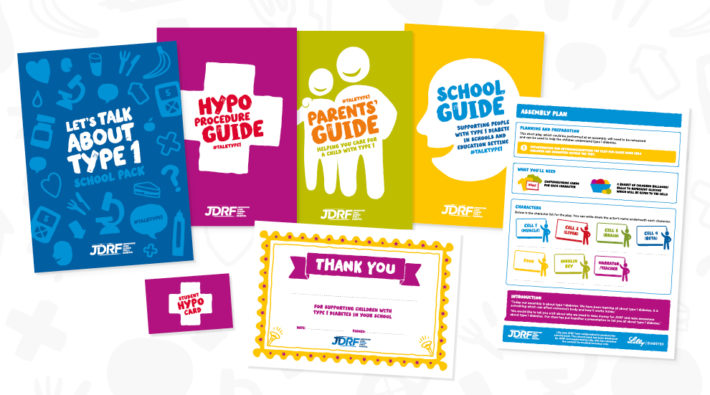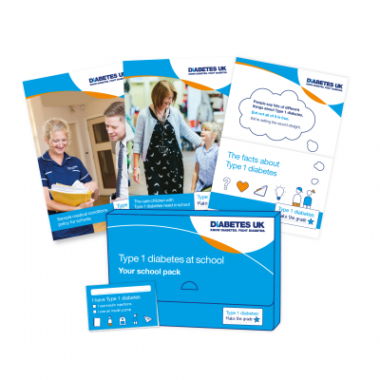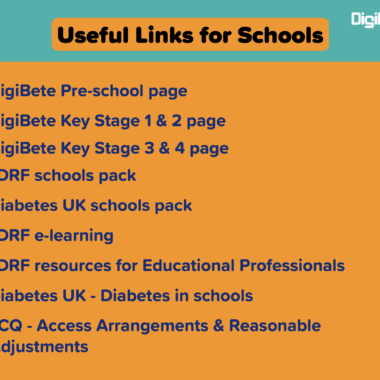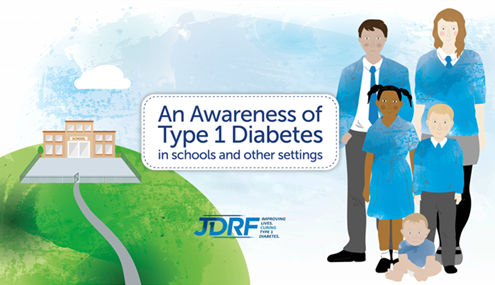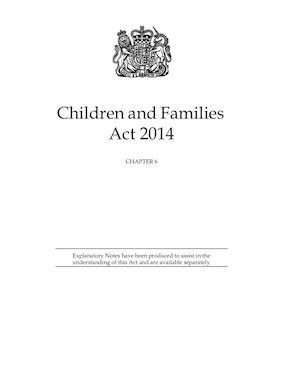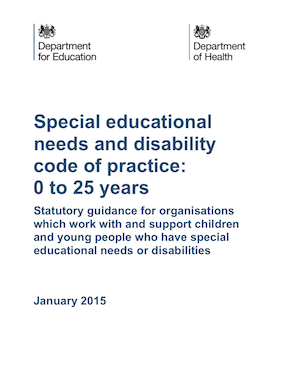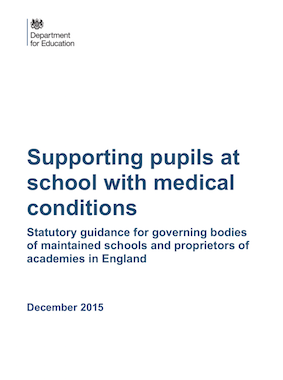Schools & Teachers | Secondary
Welcome to the Secondary School’s Resource Page
If you are teaching or supporting a young person with Type 1 Diabetes then we hope we can help you to gain a better understanding of what it all means for the young person and how you can best support them to reach their full potential in school.
We’ve created a series of films funded by the Morrisons Foundation to model best practice for supporting young people living with Type 1 Diabetes and attending Secondary School and we hope these will support you and the student(s) in your care.

Here are some films for all staff to help gain a better awareness of what it’s like to have/manage Type 1 Diabetes in school
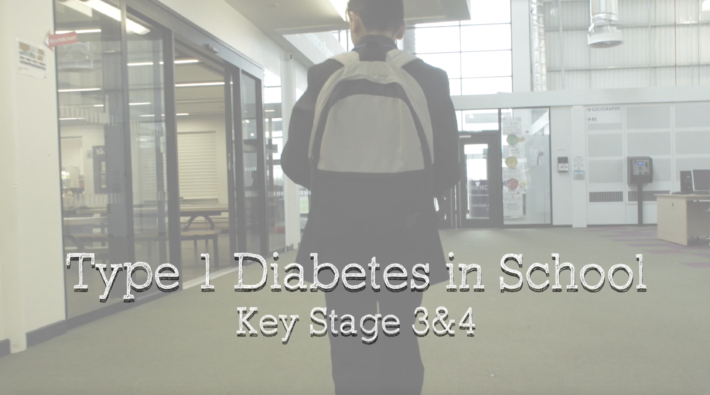
Whole Staff Meeting - Key Stage 3&4
This film could be watched by all staff in school to get a better awareness of Type 1 Diabetes and how it can affect students in the school environment. (Useful links can be found below)
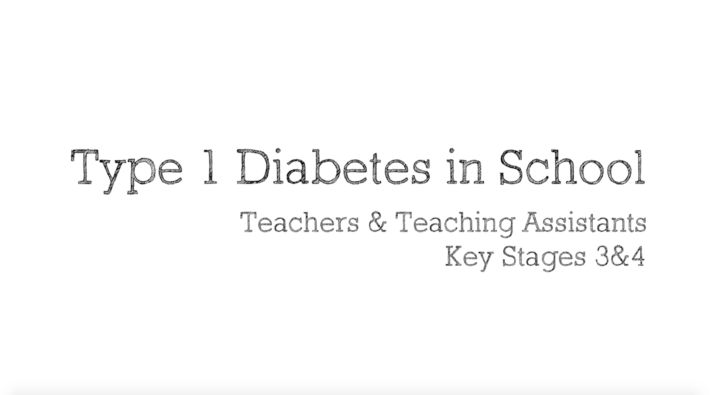
Teachers & Teaching Assistants Training Film - Key Stage 3 & 4
This film could be viewed by Teachers and Teaching Assistants together to get a better understanding of how to manage Type 1 Diabetes in the classroom and beyond (Useful links can be found below)
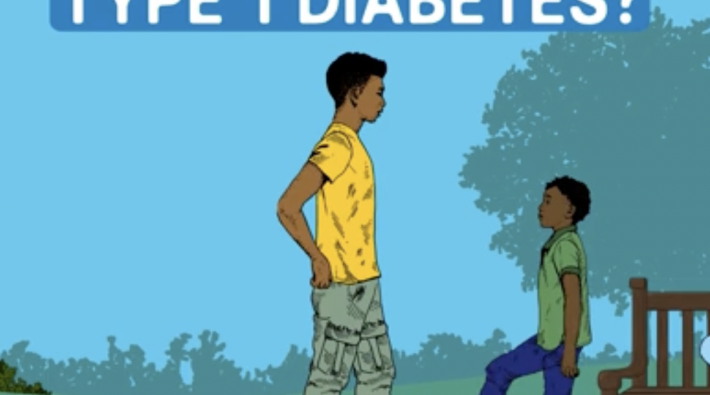
Type 1 Diabetes Animated Explainer
An animated explainer video introducing Type 1 Diabetes
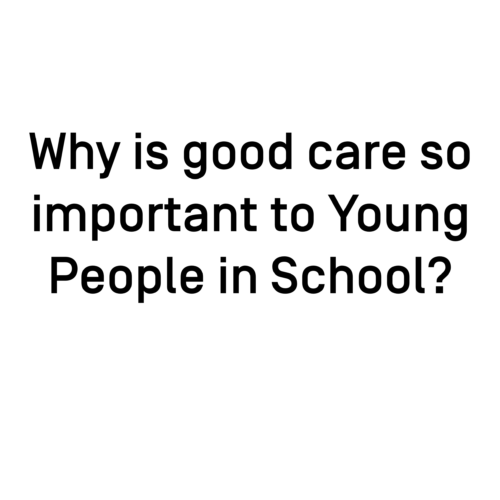
Why is good care important to young people?
Young people across all key stages discuss why good care in school is so important

The Signs and Symptoms of Type 1 Diabetes
This short film explains the signs and symptoms of Type 1 Diabetes
Good care in school is really important and the resources on this page are a guide to how students can be better supported in school.
If you have any questions then your diabetes team are available and happy to help.
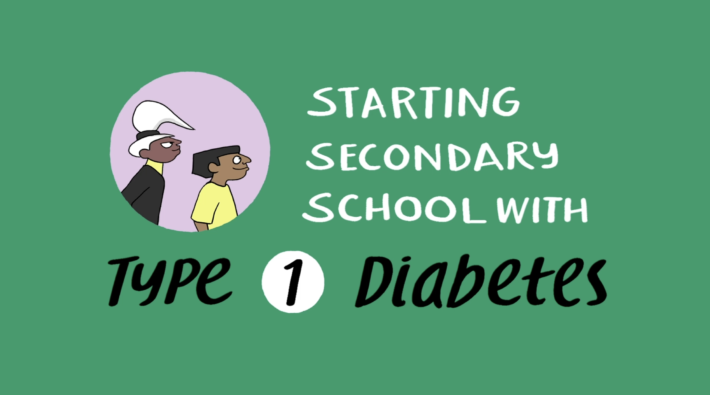
Starting Secondary School with Type 1 Diabetes
This is an animated film co-designed by an amazing group of young people from Greater London about what might be helpful for students with Type 1 diabetes in transition to secondary school.
As part of a co-design project, a group of amazing young people from Greater London produced the animated film, ‘Starting Secondary School with Type 1 Diabetes’. It’s a film about what might be helpful for students with Type 1 diabetes (T1D) in transition to secondary school.
Based on their own experiences of starting secondary school with T1D, they identified a need for better T1D-awareness in schools, both among teachers and peers. They developed their ideas with Freya Brown (King’s College, London) and it communicates the key messages they want others to understand and highlights some of the issues that can be faced by young people with T1D at this time, with a focus on busting common T1D myths.
Here are some films to help support you, your colleagues and your students with type 1 diabetes in school giving an insight into how to manage sports & exercise, exams and how high and low blood glucose levels can affect the brain.

Brain Changes with High or Low Blood Glucose Levels - Key Stage 3&4
This film discusses what happens in the brain when a student has high or low blood glucose levels
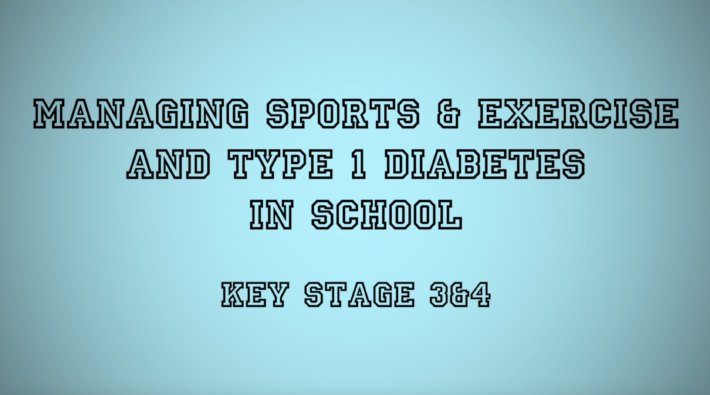
Managing Sports & Exercise and Type 1 Diabetes - Key Stage 3&4
This film discusses how to manage sports and exercise for students in school

Exams & Hypoglycaemia
This film discusses how to manage exams if a student has low blood glucose levels

Exams & Hyperglycaemia
This film discusses how to manage exams if a student has high blood glucose levels

Preparing for Exams with Type 1 Diabetes
This film discusses what you need to do to prepare for exams
Here are some useful guides and downloads for you to find out more about what schools need to do to manage Type 1 Diabetes in the school environment
Here are the government guidelines to help you plan the care you provide in school to ensure the young people in your care achieve their full potential in school
REMEMBER
If you have any questions, or you’re not sure then just ask for help

